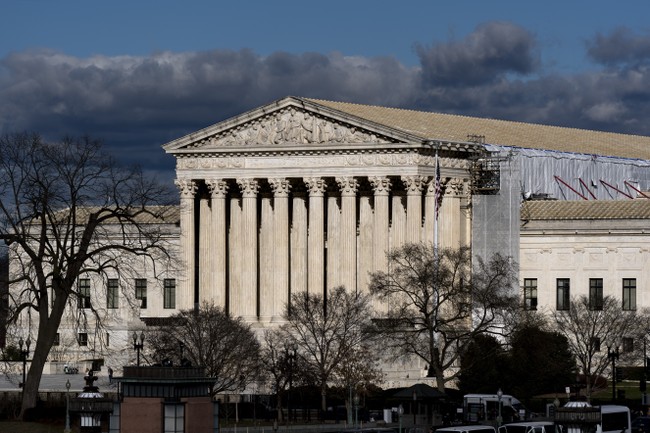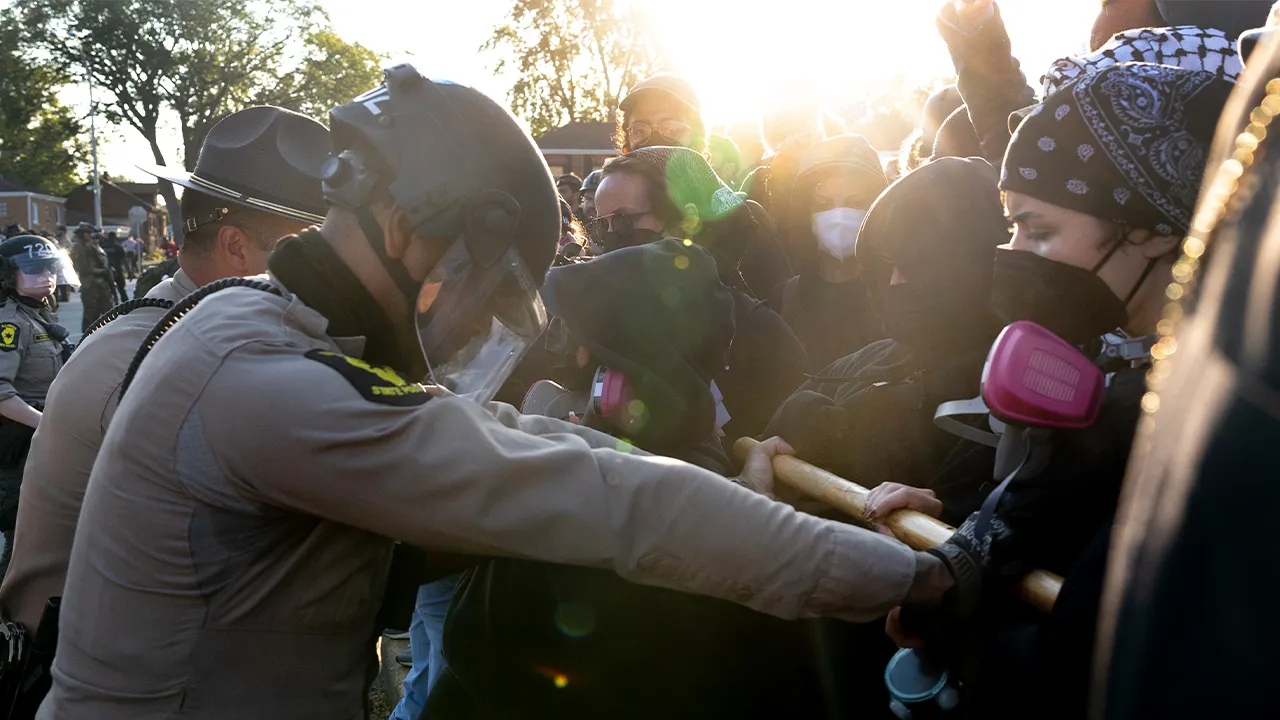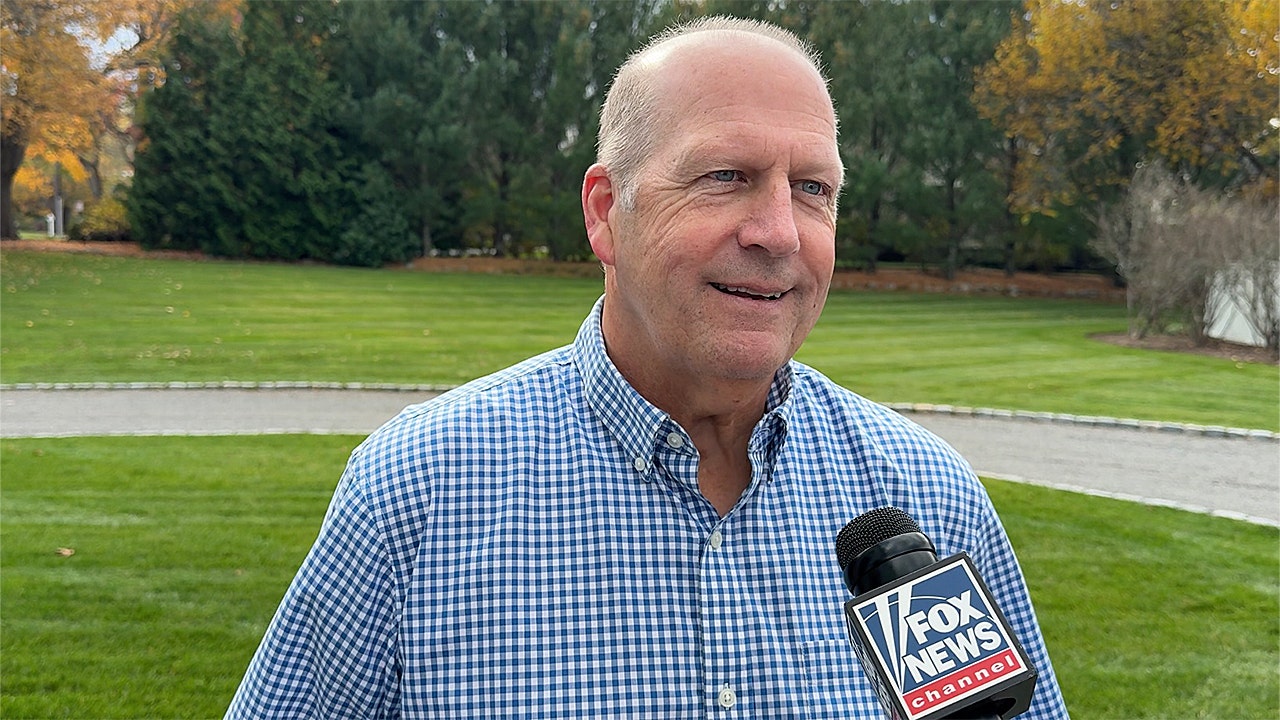Many Pentagon beat reporters returned press credentials on Wednesday after declining to agree to new “external engagements” policies set by the Department of War (DOW), according to media organizations and the Pentagon Press Association (PPA).
The action follows a memo issued last month by Secretary Pete Hegseth outlining revised procedures for press relations and setting a deadline for newsrooms to acknowledge the rules.
Hegseth’s memo said past participation in interviews, press briefings, and news conferences “tended to canalize toward certain types of institutions.”
The document detailed updated terms of engagement and required outlets to accept or acknowledge the rules by 5 p.m. yesterday.
Under the policy, non-compliant reporters were given 24 hours to turn in credentials and clear assigned office space inside the building.
Hegseth also addressed the standards for interactions between reporters and government personnel in a post on X, stating that “credentialed press no longer permitted to solicit criminal acts.”
🔔 Almost a dozen major news outlets from The Atlantic and CNN to Newsmax and The Washington Times are refusing to sign on to the new Pentagon press rules rolled out by
Secretary of war Pete Hegseth. Reporters now have to sign the agreement by Tuesday or kiss their credentials… pic.twitter.com/zH4nB6LDRg— Jessica Dalton (@jesseeca_dalton) October 14, 2025
This Could Be the Most Important Video Gun Owners Watch All Year
The guidance, as described by the department, targets situations in which a reporter encourages a source to violate the law by leaking confidential information.
According to the department, the DOW began a review of media relations activities over the summer and reworked access and coordination procedures.
Officials said the aim is to broaden participation and recalibrate how the Pentagon engages with outlets while protecting national security information.
.@SecWar on the Pentagon’s press policies: “It used to be, Mr. President, that the press could go pretty much anywhere in the Pentagon — the most classified area in the world… it’s common sense stuff. We’re trying to make sure national security is respected.” pic.twitter.com/l3AnDEH9sn
— Rapid Response 47 (@RapidResponse47) October 14, 2025
Representatives of the Pentagon press corps raised concerns over elements of the plan and sought changes prior to the deadline.
In recent weeks, CBS reported that the press corps’ “negotiations with the Defense Department over easing proposed restrictions on their reporting have reached an impasse, according to the Pentagon Press Association (PPA) — though the Pentagon says it has negotiated in good faith.”
Under the revised policy, beat reporters must acknowledge or adhere to the updated rules to retain credentials.
One early provision required reporters to acknowledge they would not disclose classified or controlled unclassified information that is not formally authorized for publication.
After discussions with the PPA, the department adjusted the language.
In the latest iteration of the policy, the DOW states: “Members of the news media are not required to submit their writings” before publication.
Reporters will not be required to obtain DOW approval prior to publishing stories that contain information not officially approved for release.
Physical access rules are also changing.
The department plans to reorganize newsroom space within the Pentagon, restrict access to certain offices and corridors, and require escorts in some areas.
War Secretary Hegseth reaffirmed strict new Pentagon security rules, emphasizing that access will be tightly controlled.
> “The Pentagon press corps can squeal all they want! We’re taking these things seriously. We’re not allowing everybody to roam around the building. No badge,… pic.twitter.com/3LY0xs9I0T
— Open Source Intel (@Osint613) October 5, 2025
Officials described those measures as consistent with procedures used at military installations and other secure facilities.
The department maintains that the Pentagon’s role in national security necessitates limits on unrestricted movement by non-employees inside the building.
The PPA issued a statement objecting to the restrictions and the credentialing deadline, saying they would impair routine newsgathering and limit independent reporting from the Pentagon.
The association argued that the press corps’ longstanding access framework allowed for timely coverage while honoring security protocols, and it urged further revisions to the policy.
Strong statement from the Pentagon Press Association, noting that most members on Wednesday will have their credentials confiscated by the Pentagon and won’t be given new ones because the reporters can’t and won’t “acknowledge a policy that gags Pentagon employees and threatens… pic.twitter.com/TBlDboXuJE
— Phil Stewart (@phildstewart) October 13, 2025
DOW officials say they engaged in negotiations with the PPA and implemented changes — including removal of any pre-publication review requirement — in response to concerns.
They also emphasized that the policy does not alter existing laws governing the handling of classified information and that employees remain bound by federal statutes and nondisclosure obligations.
With the acknowledgment deadline passed, multiple news organizations with Pentagon-assigned reporters had not signed on to the policy.
Those outlets began returning credentials and vacating assigned workspaces in the press area, according to people familiar with the process.
More signs left-wing corporate media is dying. https://t.co/9DpNgYIMcP
— Jonathan Choe (@choeshow) October 16, 2025
Next steps will include the assignment of available workspace under the new configuration and continued enforcement of access rules.
The department said day-to-day press operations — including scheduled briefings, pool coverage, and responses to media inquiries — will continue, with credentialed reporters able to attend via the established procedures.
The PPA said it remains open to additional discussions aimed at restoring access and addressing outstanding concerns about the scope and application of the new rules.
The department has not announced further changes beyond those communicated in Hegseth’s memo and subsequent updates relayed to media organizations.
Read the full article here


![Pentagon Press Corps Turn in Credentials En Masse After Hegseth Tightens Security [WATCH] Pentagon Press Corps Turn in Credentials En Masse After Hegseth Tightens Security [WATCH]](https://www.lifezette.com/wp-content/uploads/2025/10/2025.10.16-09.13-lifezette-68f0b7214e64b.jpg)






![NBC’s Welker Spirals Out of Control While Pressing Speaker Johnson on Georgia Election Probe [WATCH] NBC’s Welker Spirals Out of Control While Pressing Speaker Johnson on Georgia Election Probe [WATCH]](https://www.lifezette.com/wp-content/uploads/2025/10/2025.10.16-08.15-lifezette-68f0a9abcc391.jpg)


![CNN’s Dana Bash Seems Really Worried About Tulsi Gabbard Looking Into Fulton County Voter Fraud [WATCH] CNN’s Dana Bash Seems Really Worried About Tulsi Gabbard Looking Into Fulton County Voter Fraud [WATCH]](https://www.lifezette.com/wp-content/uploads/2025/05/2025.05.16-09.36-lifezette-6827070eae555.jpg)